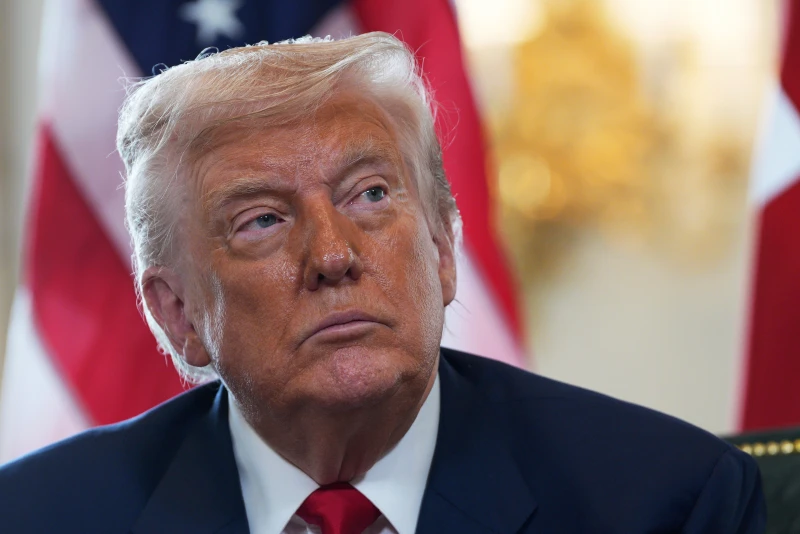President Donald Trump on Monday extended a trade truce with China for another 90 days, postponing a potentially damaging escalation between the world’s two largest economies.
Trump announced on Truth Social that he had signed an executive order to prolong the agreement, saying “all other elements of the Agreement will remain the same.” China’s state news agency Xinhua confirmed a parallel announcement from Beijing.
The previous deadline was set to expire at 12:01am. Tuesday, which could have triggered US tariffs on Chinese goods to rise from the already steep 30% rate, prompting Beijing to retaliate. The pause gives negotiators more time to address differences, raising the prospect of a summit later this year between Trump and Chinese President Xi Jinping.
Business groups welcomed the move. Sean Stein, president of the US-China Business Council, called the extension “critical” for enabling talks toward a deal that could expand US market access in China and restore agricultural and energy exports disrupted by past disputes.
The trade confrontation has already transformed US policy into a protectionist model, with average tariffs climbing from 2.5% at the start of the year to 18.6% – the highest since 1933. China has countered US measures by leveraging its control over rare earth minerals critical to industries from electric vehicles to aerospace.
In June, both sides agreed to scale back restrictions: Washington eased export limits on chip technology and ethane, while Beijing improved access to rare earth supplies for US companies. Earlier in May, they stepped back from triple-digit tariffs that threatened to halt bilateral trade entirely.
Analysts caution that a comprehensive settlement remains elusive. While limited deals on issues such as soybean purchases, fentanyl-related chemical controls, and rare earth exports are possible, major disputes over intellectual property rights, industrial subsidies, and China’s trade surplus with the US are likely to persist.
“The trade war will continue grinding ahead for years into the future,” said Jeff Moon, a former US trade official.


